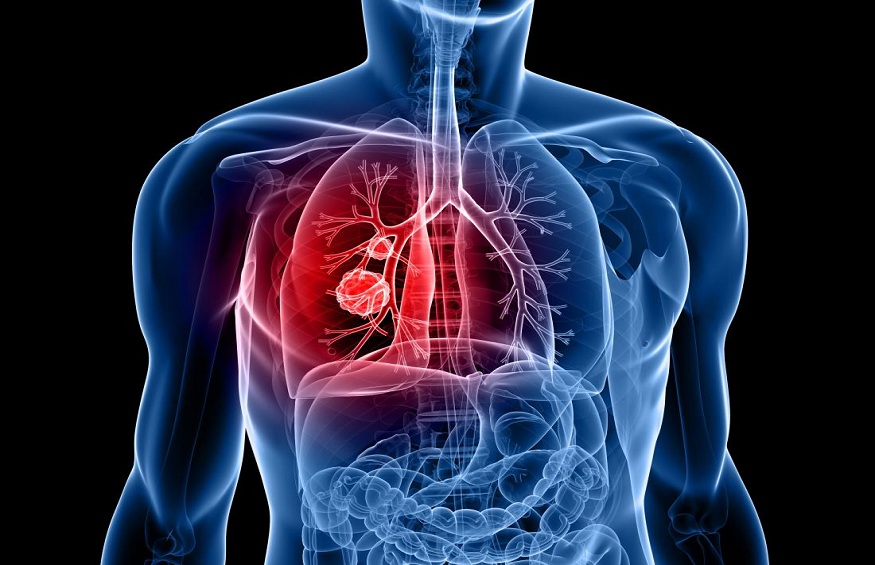Lung cancer is a type of cancer that attacks the tissues of the lungs and is the greatest risk factor for mortality globally.
Preventing Cancer
What exactly is it?
When contact with the disease’s cause or risk factors (everything that enhances the risk of acquiring cancer) is avoided, the disease can be controlled. Likewise, preventing lung cancer or lowering the risk of developing it is only effective if proper safeguards are in place to eliminate the potential risks.
What is the process of cancer treatments and its prevention?
Prevention of cancer seeks to minimise the incidence of newly diagnosed cancers by reducing risk factor contact. As a result, the number of cancer-related deaths will be reduced.
Causative vs. risk factor –The causative factor is the basic and obvious origin of particular cancer, while the risk factor raises the likelihood of developing cancer. Any form of malignancy potential cause could be either control lable or uncontrollable. Smoking and hereditary factors, for instance, are both major risk factors for lung cancer, but only smoking may be prevented.
Protective factor – The term “protective factor” implies that it protects against a certain cancer type by lowering the risks of developing it. Regular physical activity, for instance, and a well-balanced and nutritious diet.
Preventative strategies for lung cancer
Higher lung cancer protection:
- Give up smoking.
- Don’t smoke second-hand or passively.
- Less interaction with cancer-causing chemicals at work.
- Reduce your radiation exposure.
Lower exposure to risk factors:
- Immediate or second-hand cigar smoking.
- Infection with HIV.
- If you’ve ever had radiation therapy, tell us about it.
- Occupational carcinogens such as asbestos, arsenic, chromium, nickel, and other environmental stressors.
- Increased pollution levels in the air.
- Your genetic history.
Adjustments to your lifestyle and habits:
- Regular physical activity or daily activeness improves general fitness and increases energy levels.
- Techniques for strengthening and enhancing the immune system.
- Make the transition to a nutritious, well-balanced diet rich in fruits and vegetables.



